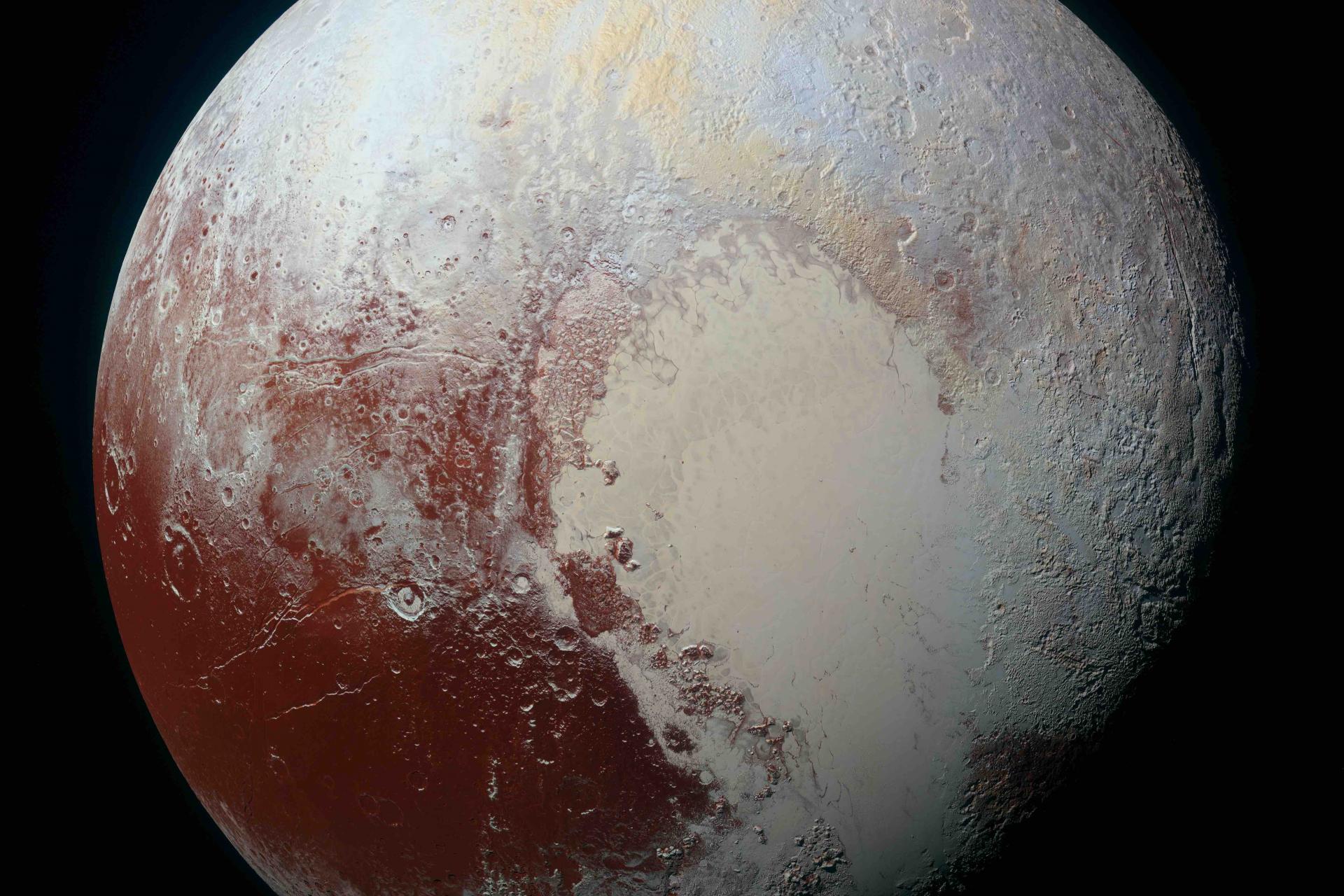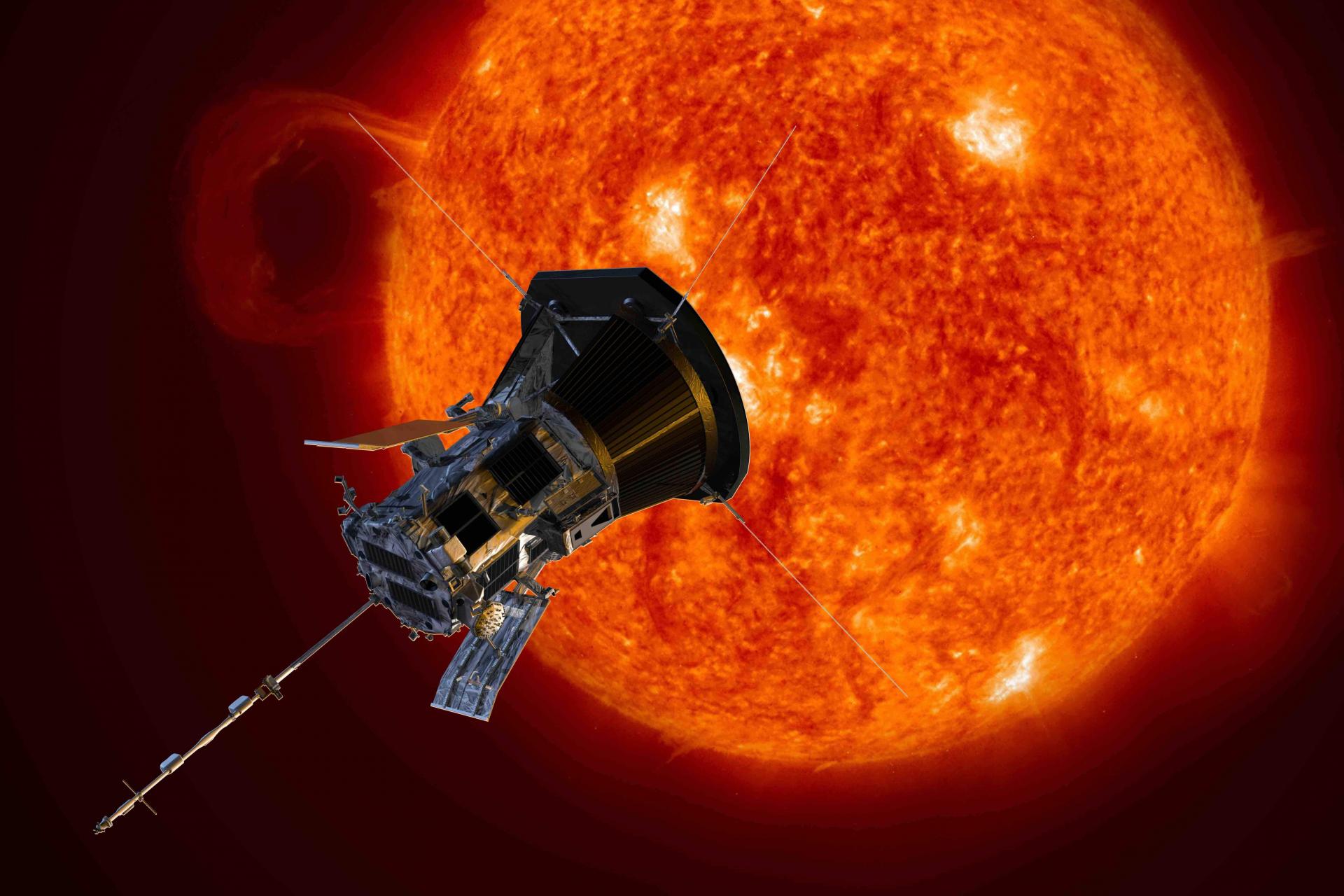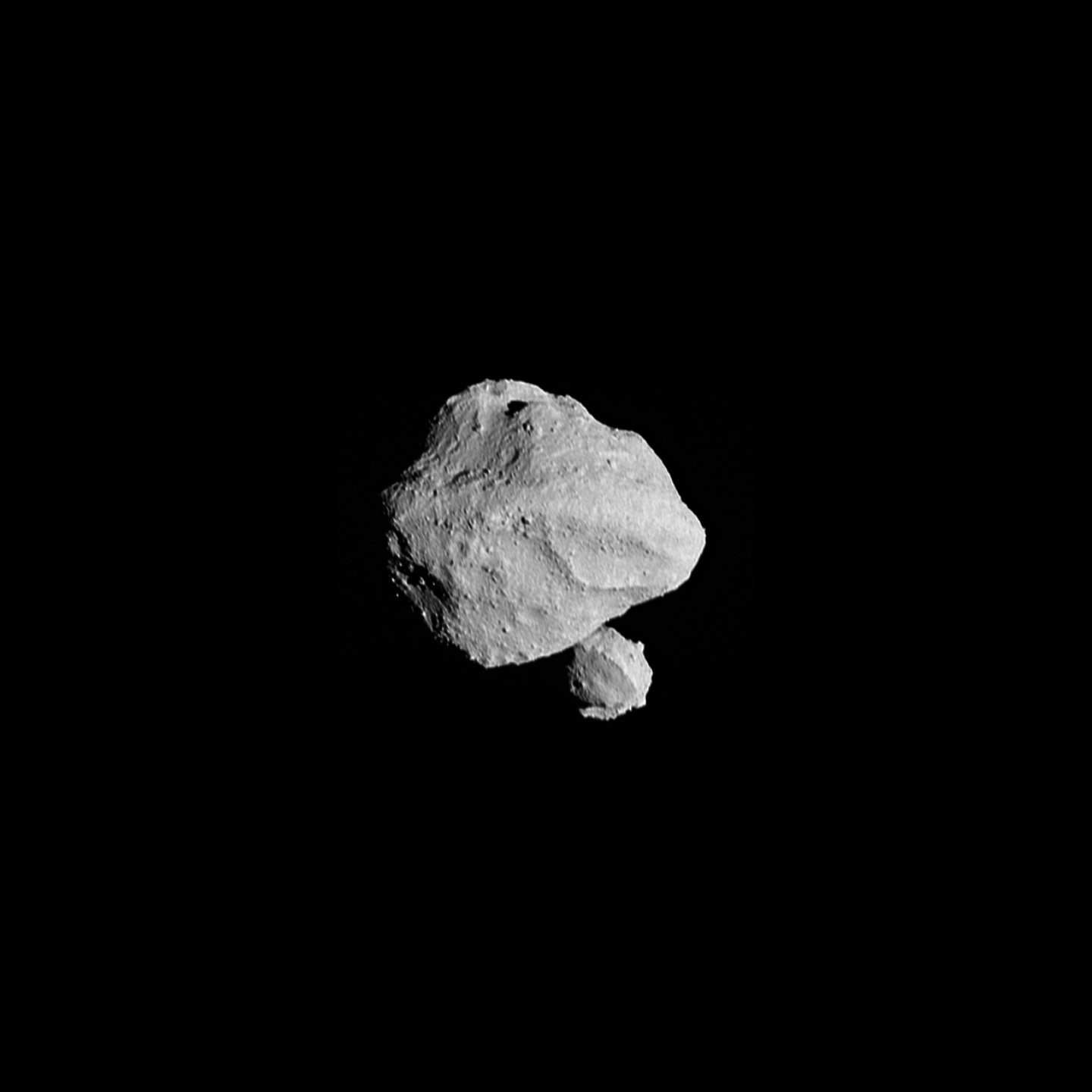Educational Resources and Learning Activities
Space exploration isn’t just exciting; it’s an awesome way to learn how people use science and engineering to overcome seemingly unsolvable challenges — like figuring out how to fly close to the Sun without burning up, or plotting a course to explore across billions of miles. On this page, you’ll find information on our summer camp and links to dozens of learning activities that allow you or your students to participate in the science behind our most amazing missions.

The Science of Planets, Asteroids and Planetoids
New Horizons: How did we journey over 4 billion miles to photograph Pluto?
CRISM: What do you see when you look at Mars in a new way?
MESSENGER: What would you find on a visit to Mercury?
NEAR: What does it take to orbit and land on a city-sized asteroid?

The Science of the Earth, Moon and Sun
Parker Solar Probe: How is it possible to fly through the Sun’s corona?
STEREO: What does it look like to see the Sun in 3D?
Mini-RF: What would you find if you could map the Moon’s poles?
Van Allen Probes: What can you learn about our planet when you examine Earth’s radiation belts?
TIMED: What is it like to explore the atmospheric gateway between Earth and outer space?
Spend a Summer with APL
Do you want to see what it’s like to explore space? The two-week Summer Center for Space Science at APL gives students in grades 6-8 the chance to work in teams alongside NASA scientists and engineers. Experience the process of planning and building a mission into space. Learn More
Additional Resources
To learn even more about space, check out these additional resources.
NASA Home Page
The main site for America’s space program.
NASA Kids' Club
Fun resources for young kids.
NASA Education Office
STEM education tools for teachers and students.
NASA Solar System Exploration
Interactive information about the planets in our solar system.
NASA Deep Space Network Now
Real-time status of communications with our deep space explorers.
NOAA Education
Learn about our home planet, our oceans, weather and climate.
Lowell Observatory
Where Clyde Tombaugh discovered Pluto.


